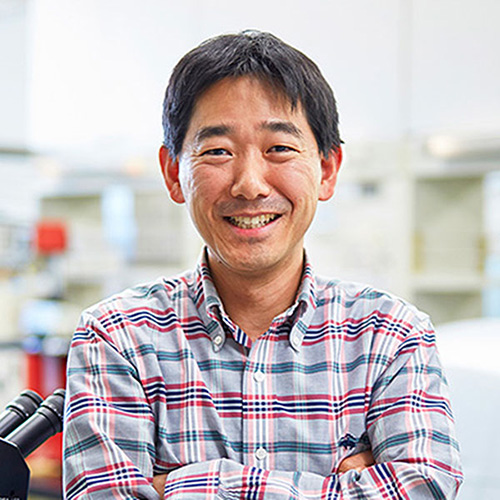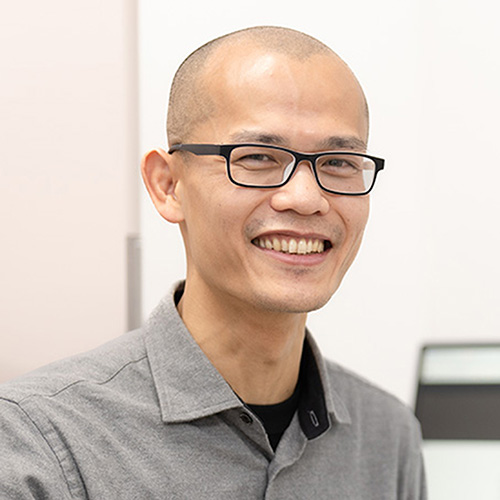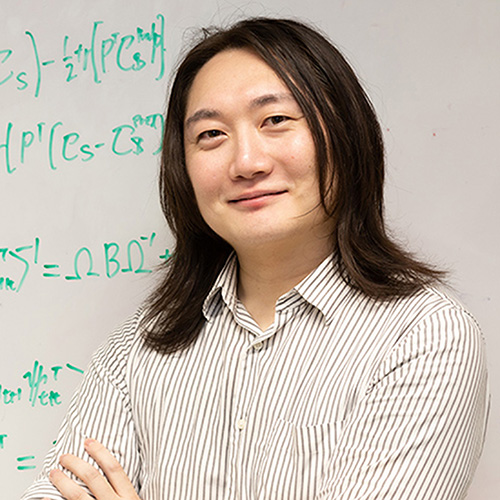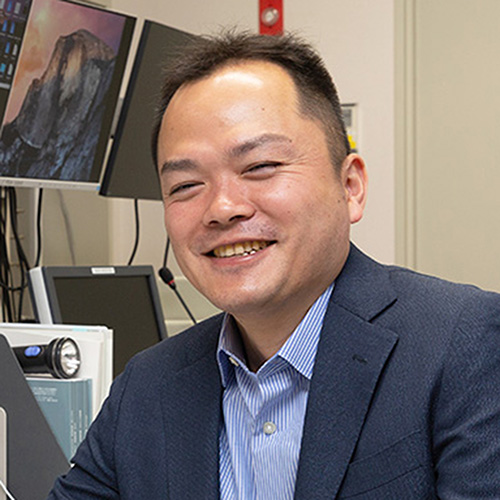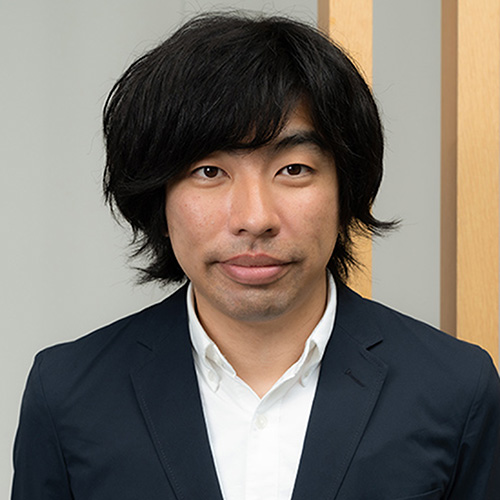
01終了しました。 連携大学院制度説明会—
連携大学院制度を利用して、大学院に所属しながら理研で研究を行いたい学生を対象に、CBSの研究室主宰者7名が個別面談を行います。理研和光地区一般公開日に理研和光キャンパスで開催し、PIに直接会って相談ができるオンサイトセッションと、Zoomでのオンラインセッションを実施いたします。理研一般公開への参加登録は締め切りました。連携大学院制度説明会へはZOOMのみ参加可能です。
今回参加する7名以外で面談を希望するPIがいる場合には、調整により後日面談可能です。是非ご相談ください。(ただし、研究室の都合によりご希望に添えない場合もありますことをご承知おきください。)
日時
2023年10月14日土曜日 理化学研究所和光地区 一般公開 開催日
会場
- C51 脳科学中央研究棟 3階 会議室
- Zoom(ログイン情報は登録者へ個別にお伝えいたします)
スケジュール(研究紹介は英語で実施いたします)
CBS PIとのセッション
(髙田 篤、田中 元雅、藤原 輝史、磯村 拓哉、赤石 れい、宮本 健太郎)
Zoom ミーティング
https://riken-jp.zoom.us/j/91567835108?pwd=NnFENmdIWmVZK3Q3ZDVtbnFrMlBEQT09
ミーティング ID: 915 6783 5108
パスコード: RgUk6dyaRY
| 時間 | 内容 | 形式 |
|---|---|---|
| 9:30AM–9:45AM | Welcome Session | online (Zoom) |
| 9:45AM–10:45AM | Meet-ups with 7 PIs | Zoom breakout room |
| 11:00AM–12:00PM | Meet-ups with 7 PIs | Wako campus |
認知睡眠学理研白眉研究チーム 玉置チームリーダーは別途以下の時間開催
| 時間 | 形式 |
|---|---|
| 9:00AM–9:50AM | online (Zoom) |
| 10:00AM–10:50AM | Wako campus |
申込み
準備の都合上、本イベントの登録は10月12日正午をもって締め切ります。登録いただいた方にはリマインダーメールをお送りいたします。
連携大学院説明会に現地参加ご希望の場合は、事前に理研一般公開特設サイトから申し込みを済ませた後、本説明会のエントリーを行ってください。
本年の理研一般公開は事前申込制(上限5000名)です。
理研一般公開特設サイト
https://openday.riken.jp/
Check our labs
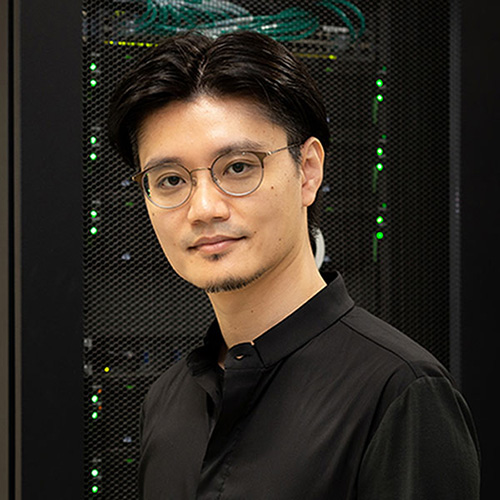
Join us in advancing neuropsychiatric disorder research and revolutionizing clinical practice!
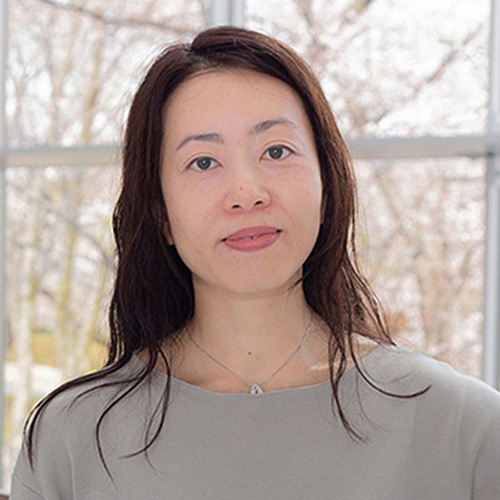
If you want to understand the roles of human sleep through a multidisciplinary approach, join us!
